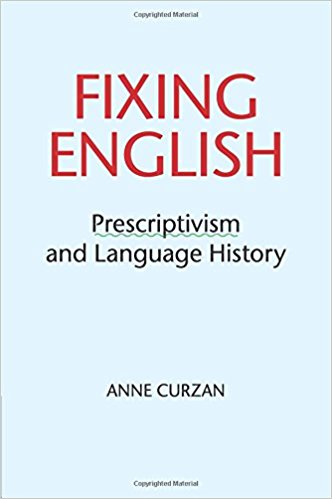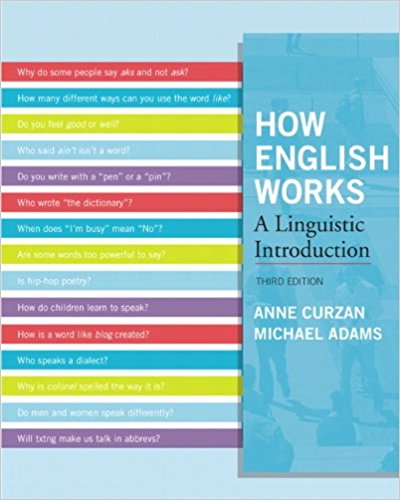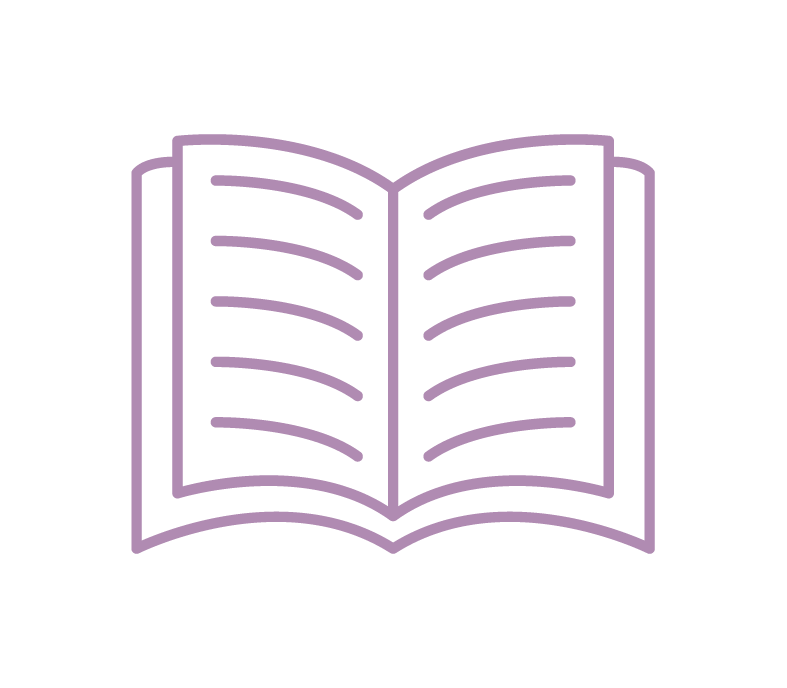MY BOOKS
SAYS WHO? A KINDER, FUNNER USAGE GUIDE FOR EVERYONE WHO CARES ABOUT WORDS
Linguist and veteran English professor Anne Curzan equips readers with the tools they need to adeptly manage (a split infinitive?! You betcha!) formal and informal writing and speaking. After all, we don’t want to be caught wearing our linguistic pajamas to a job interview any more than we want to show up for a backyard barbecue in a verbal tux, asking, “To whom shall I pass the ketchup?” Curzan helps us use our new knowledge about the developing nature of language and grammar rules to become caretakers of language rather than gatekeepers of it. Applying entertaining examples from literature, newspapers, television, and more, Curzan welcomes usage novices and encourages the language police to lower their pens, showing us how we can care about language precision, clarity, and inclusion all at the same time.


SAYS WHO? A KINDER, FUNNER USAGE GUIDE FOR EVERYONE WHO CARES ABOUT WORDS
Linguist and veteran English professor Anne Curzan equips readers with the tools they need to adeptly manage (a split infinitive?! You betcha!) formal and informal writing and speaking. After all, we don’t want to be caught wearing our linguistic pajamas to a job interview any more than we want to show up for a backyard barbecue in a verbal tux, asking, “To whom shall I pass the ketchup?” Curzan helps us use our new knowledge about the developing nature of language and grammar rules to become caretakers of language rather than gatekeepers of it. Applying entertaining examples from literature, newspapers, television, and more, Curzan welcomes usage novices and encourages the language police to lower their pens, showing us how we can care about language precision, clarity, and inclusion all at the same time.

FIXING ENGLISH: PRESCRIPTIVISM AND LANGUAGE HISTORY
Over the past 300 years, attempts have been made to prescribe how we should and should not use the English language. The efforts have been institutionalized in places such as usage guides, dictionaries, and school curricula. Such authorities have aspired to ‘fix’ the language, sometimes by keeping English exactly where it is, but also by trying to improve the current state of the language. Anne Curzan demonstrates the important role prescriptivism plays in the history of the English language, as a sociolinguistic factor in language change and as a vital meta-discourse about language. Starting with a pioneering new definition of prescriptivism as a linguistic phenomenon, she highlights the significant role played by Microsoft’s grammar checker, debates about ‘real words’, non-sexist language reform, and efforts to reappropriate stigmatized terms. Essential reading for anyone interested in the regulation of language, the book is a fascinating re-examination of how we tell language history.

HOW ENGLISH WORKS, 3RD EDITION
A major introductory language/linguistics textbook written specifically for English and Education majors, this book is an engaging introduction to the structure of English, general theories in linguistics, and important issues in sociolinguistics. This accessible text provides more extensive coverage of issues of particular interest to English and Education majors. Tapping into our natural curiosity about language, it invites all students to connect academic linguistics to everyday use of the English language and to become active participants in the construction of linguistic knowledge. The second edition provides updated examples of language change–including new slang and other word coinages, grammatical developments, and sound changes–as well as new research findings on American dialects, language acquisition, language evolution, eggcorns, English and the Internet, and much more.
HOW ENGLISH WORKS, 3RD EDITION
A major introductory language/linguistics textbook written specifically for English and Education majors, this book is an engaging introduction to the structure of English, general theories in linguistics, and important issues in sociolinguistics. This accessible text provides more extensive coverage of issues of particular interest to English and Education majors. Tapping into our natural curiosity about language, it invites all students to connect academic linguistics to everyday use of the English language and to become active participants in the construction of linguistic knowledge. The second edition provides updated examples of language change–including new slang and other word coinages, grammatical developments, and sound changes–as well as new research findings on American dialects, language acquisition, language evolution, eggcorns, English and the Internet, and much more.


